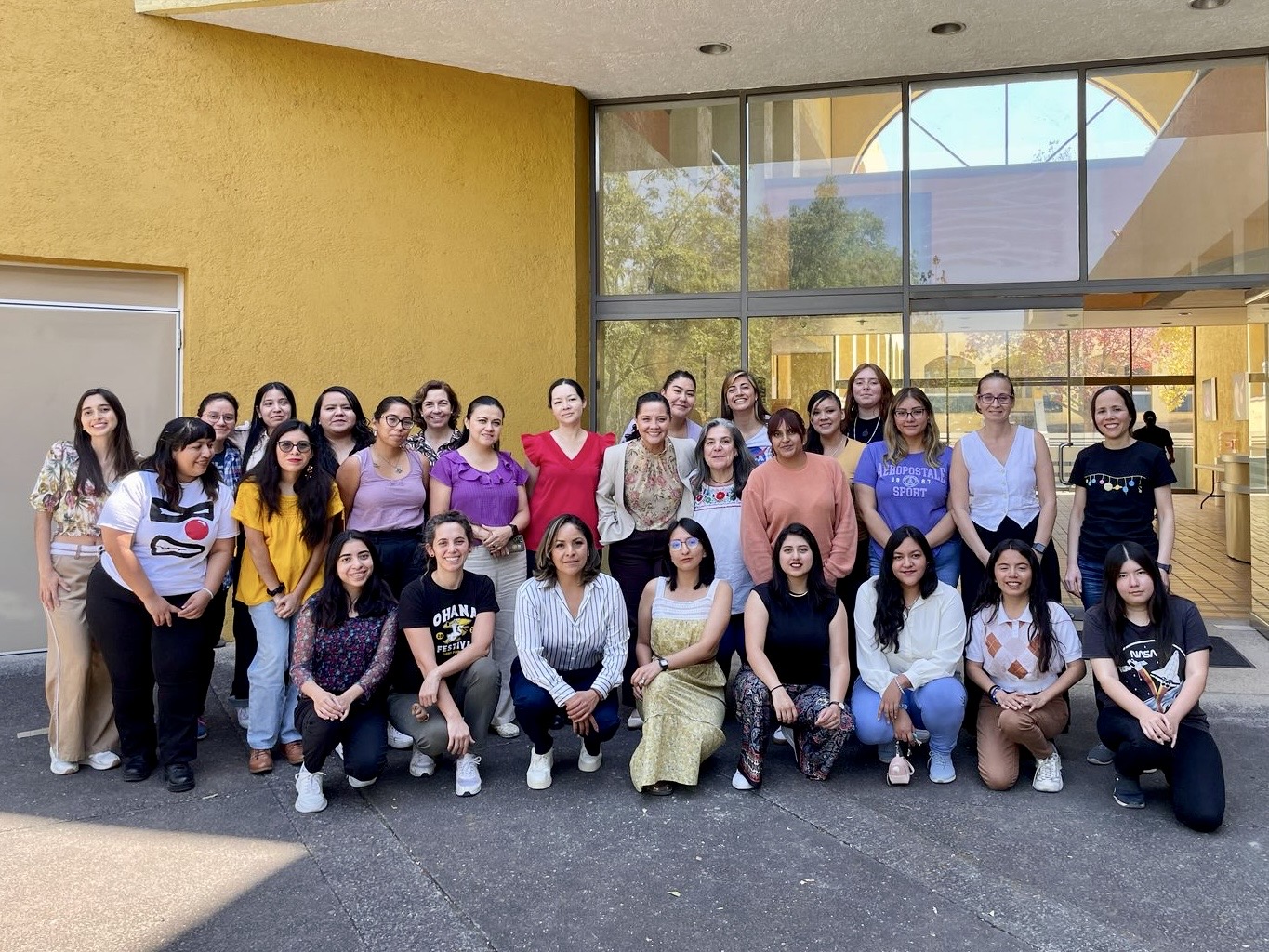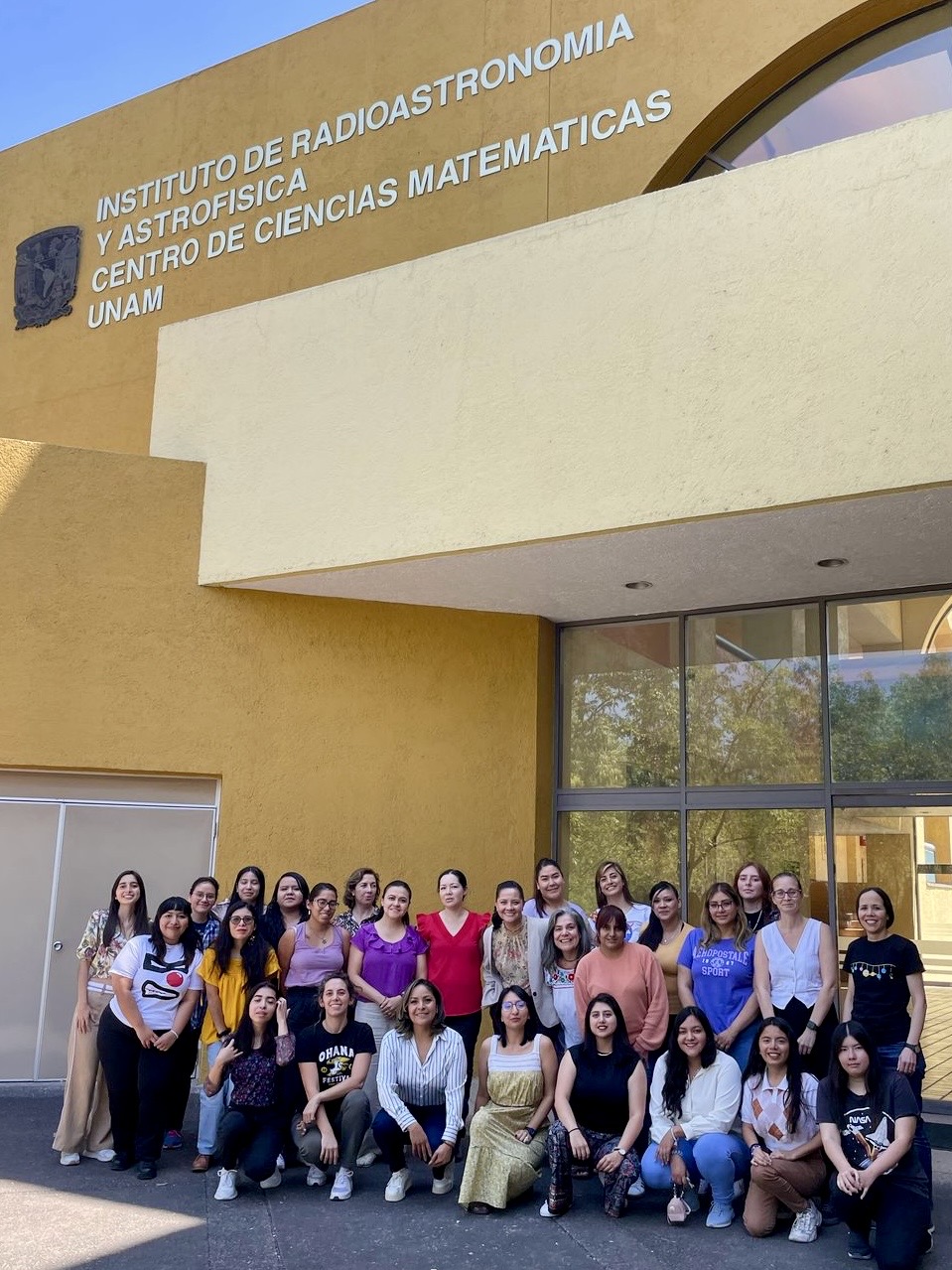March 8 is International Women's Day. This date reminds us of the necessary and daily struggle that the entire community has to undertake for a future with equality and justice.
This day was born thanks to the movements of textile workers in North America and Europe at the beginning of the 20th century, in protest against poor working conditions. However, it was not until 1975 that the United Nations established and commemorated for the first time International Women's Day on March 8, also coinciding with the International Women's Year. Since then, efforts have been made to raise awareness throughout the community about the problem of gender equality, in general, and of women, in particular, so that we all have the same rights and opportunities. To this end, the UN has launched various strategies to resolve this problem, including the progressive plan to promote women's rights: the Beijing Declaration (which will be 30 years old this year). This document outlines 12 critical areas that urgently need to be addressed at a global level. Today, this document remains the most important Agenda, at an international level, for the fight against inequality towards women. However, despite the many achievements made in recent decades, we still have not resolved this problem, as many women continue to suffer from discrimination and lack of opportunities.
In academia, there are also very strong barriers and biases towards women. In the corridors of universities and institutes, there is talk of inappropriate comments and treatment, of tougher exams or interviews, of insufficient measures regarding the issue of family care, and many more. It is safe to say that every woman, whether a worker or a student, has her own experience with inequality. What is also certainly true is that many of them, perhaps the majority, are working to change this. They are working to achieve equality in working and personal conditions, to achieve equality in education and to achieve equal positions of power. Although making yourself heard is very complicated and exhausting, it is imperative to continue trying.
In an environment like the university, we can not only work every day to spread knowledge, but also spread fair values, good examples, break with erroneous patterns and change with intelligence and a lot of effort in the direction of equality.
The Institute of Radio Astronomy and Astrophysics, all together, supports the idea of an environment free of bias and equal opportunities and supports activities and initiatives that help achieve this goal.
The Internal Commission for Gender Equality
(CInIG, IRyA-UNAM)
March 8, 2025







